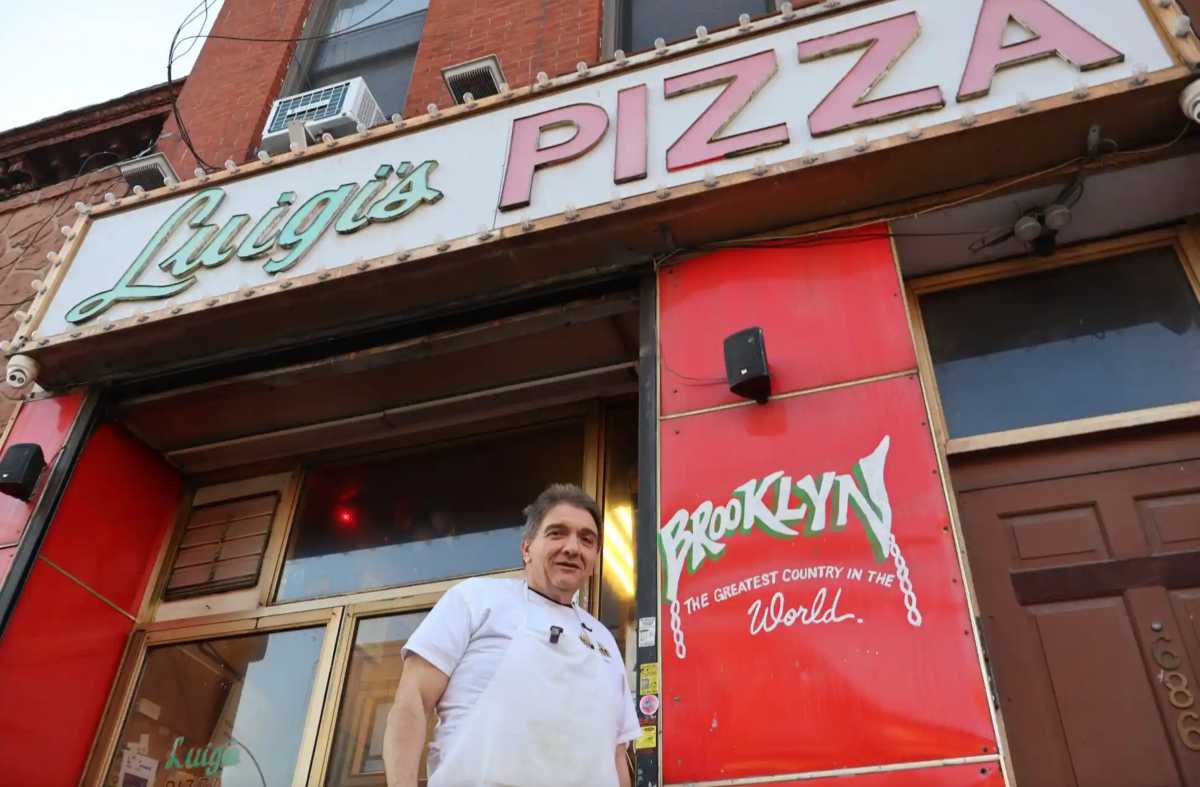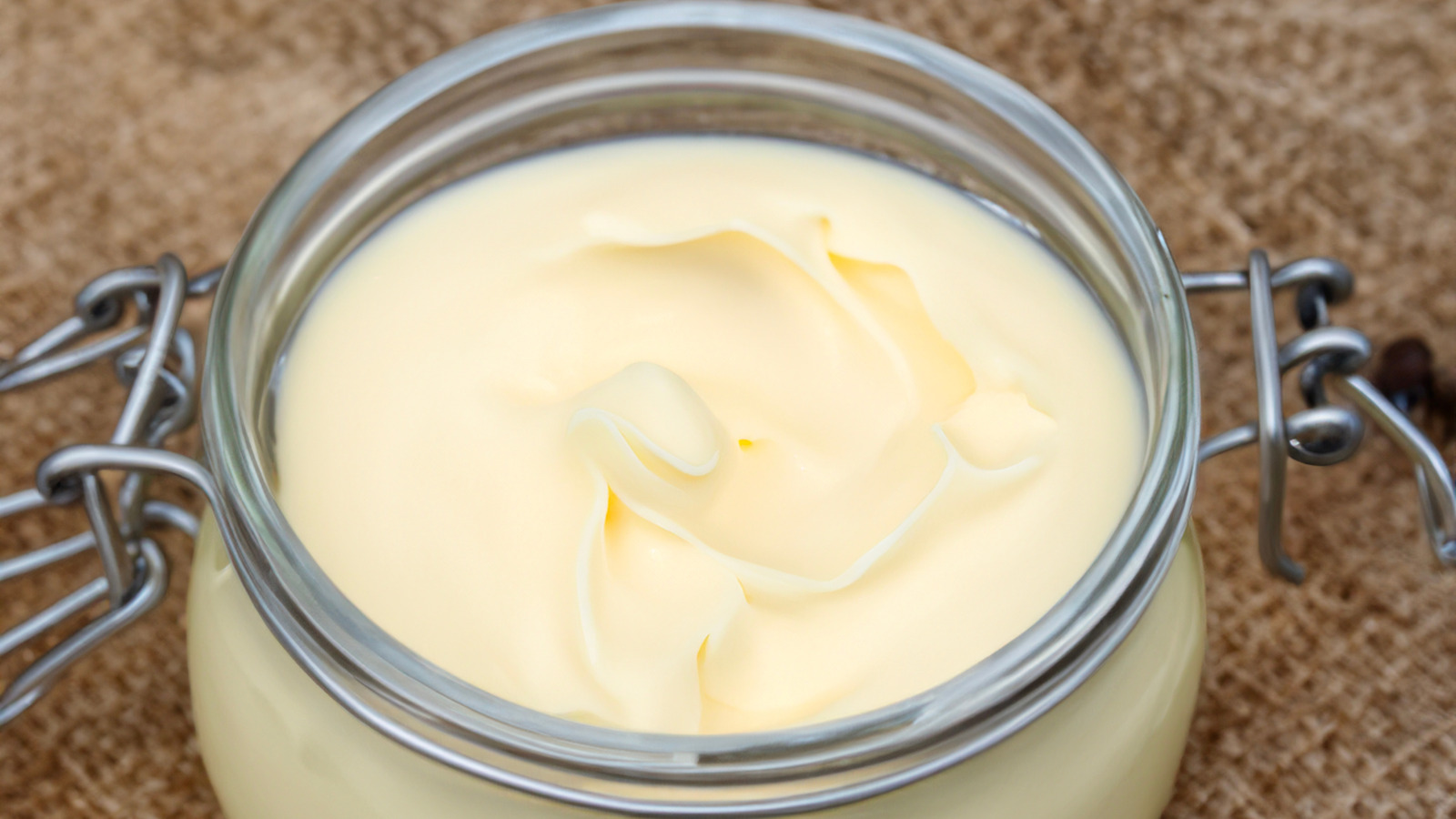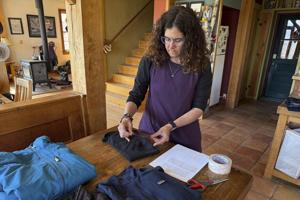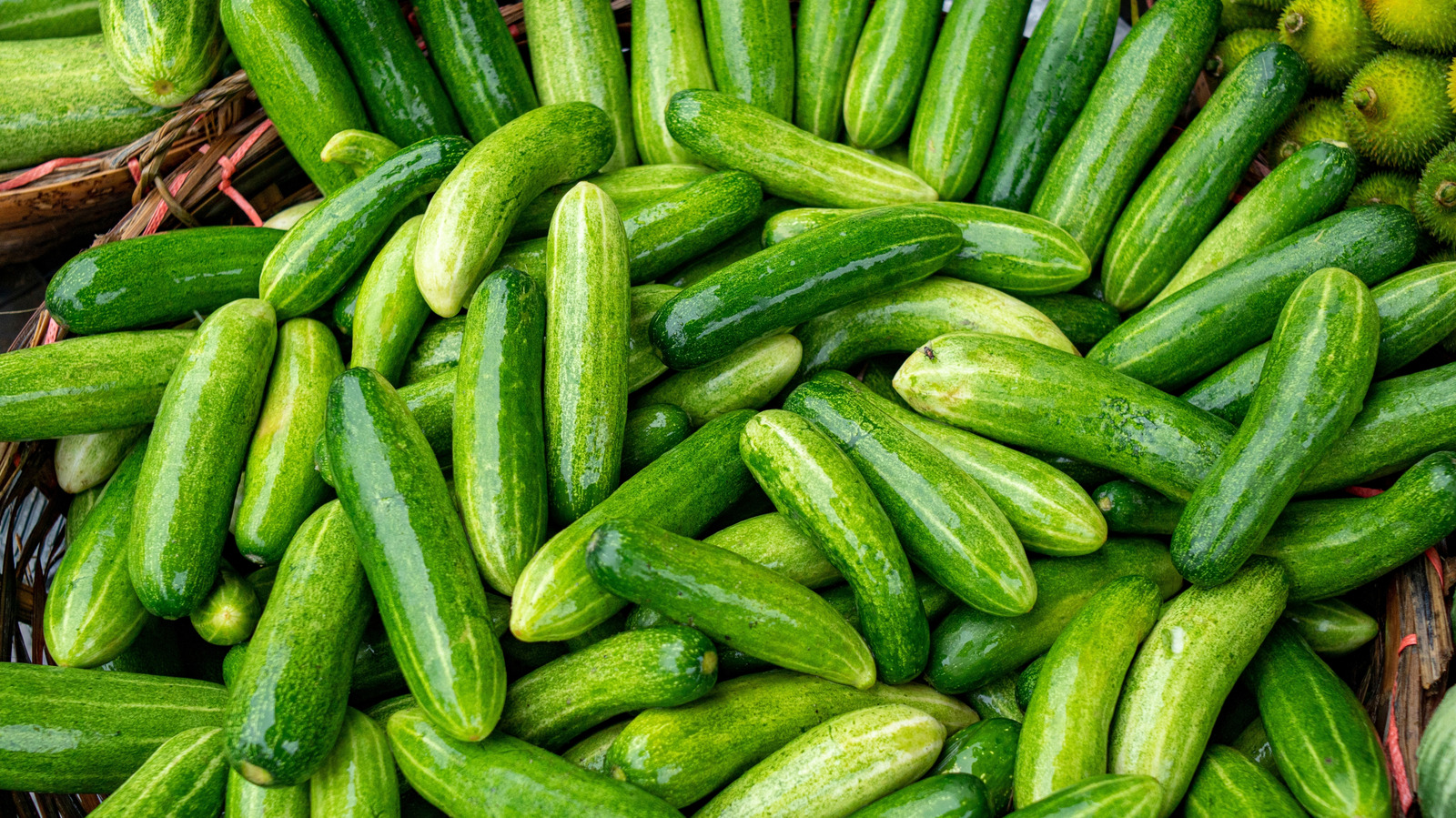If you've got , you may be looking for ways to extend their shelf life. One option is to hard-boil what eggs you have left and then store them unpeeled in the freezer, but is this the right thing to do? Turns out, not really. But before you throw the whole idea in the trash, there's a caveat.
The main problem with freezing hard-boiled eggs is that hard-boiled egg whites become watery when frozen. Best case scenario is to simply stick your hard-boiled eggs in the fridge, . If you don't think you'll finish them before that deadline creeps up, you can freeze the hard-boiled egg yolk by itself, since it will retain its texture better than the egg white itself.

Even still, egg yolks will also decrease in quality over time, particularly when it comes to texture. Some people sprinkle salt on hard-boiled egg yolks before freezing them to maintain the quality as long as possible. Because this method isn't all that popular, there doesn't appear to be a clear consensus for how long hard-boiled egg yolks will stay good in the freezer, but we assume they should be eaten within a few weeks.
Whether or not it's worth the trouble to separate the egg yolk and store it in the freezer is up to you. Egg prices appear to have come down in recent weeks, so you may want to consider simply preparing a fresh batch. With the new batch, you could also .
Storing eggs long-term For better or worse, fresh eggs simply don't have that long of a shelf life. While it might be convenient to have food that lasts forever, that convenience comes at the cost of introducing preservatives into your diet. We won't go into a rant about the pros and cons of that modern food problem, but many of us who care about our health avoid them when possible.
Store-bought eggs are pre-washed, which removes a lot of the nasty stuff you might find on farm fresh eggs, but also removes a protective coating on the egg shell. Once this protective layer is removed, the egg begins to decay at a fast rate (less than two hours without refrigeration, 3 to 5 weeks in the fridge). So, what's a person to do if they want their eggs to last long-term? Well, hard-boiling and freezing them doesn't appear to be the solution.
In fact, there doesn't appear to be any good solution that doesn't require complicated machinery and a lot of time and effort. The best solution is to simply purchase the quantity of eggs you actually think you'll eat, and then eat them before they go bad. Once you're out, just go get some more.
Or, if you're fortunate enough to have egg-laying hens at home, to raise only enough where your egg consumption meets their supply. Worst case scenario, find a friend or neighbor and give the rest away before they sour. Recommended.
Food
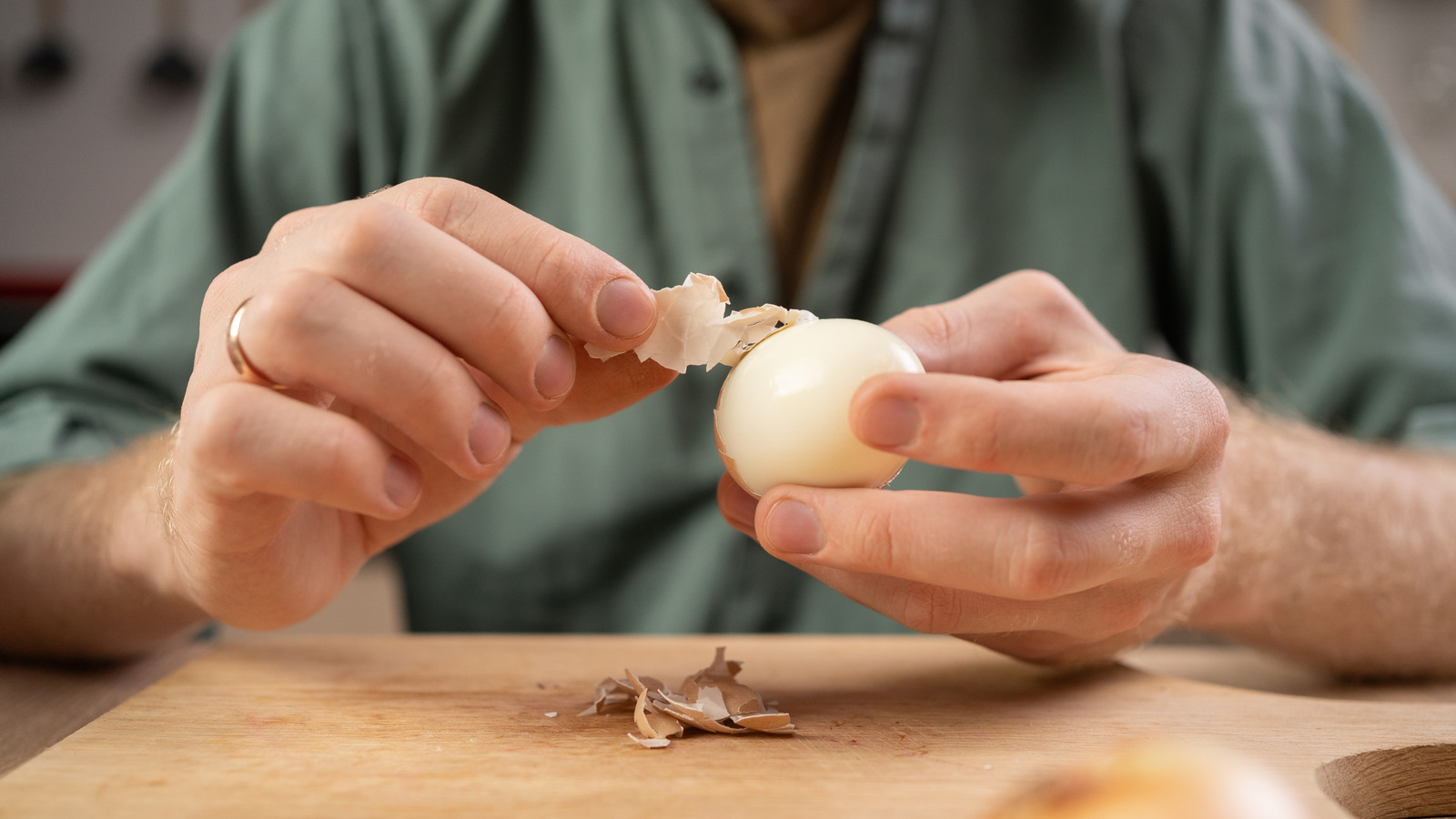
What You Should Know Before Attempting To Freeze Hard-Boiled Eggs

If you have hard-boiled eggs that are close to expiration, you can just freeze them, right? Yes and no - you can freeze the, but you may not want to eat them.








